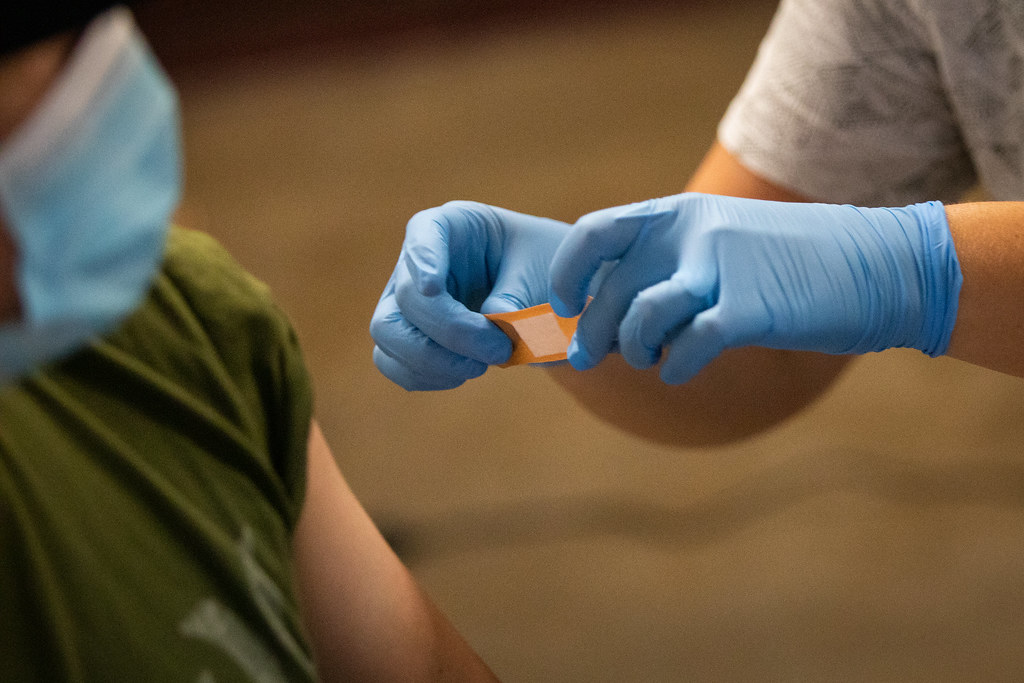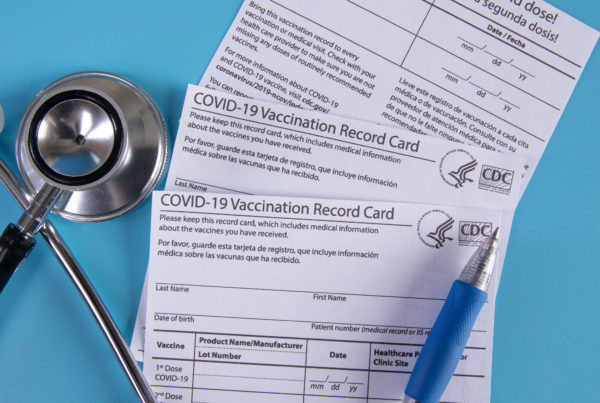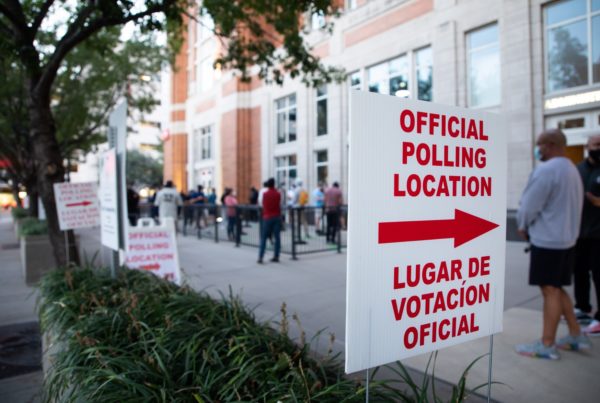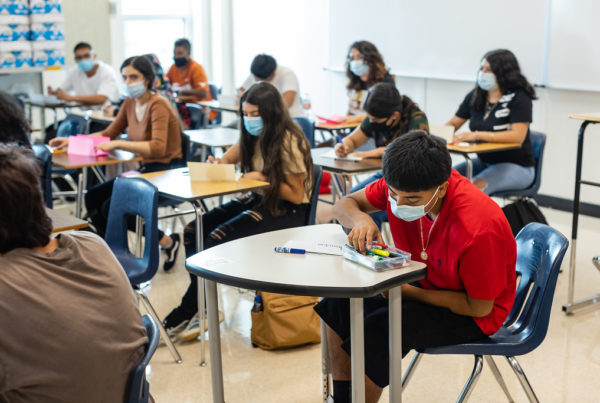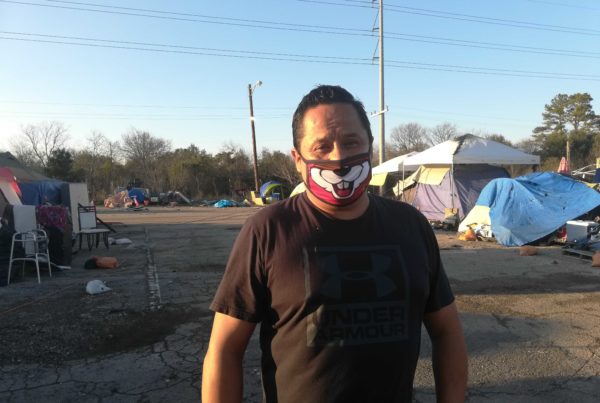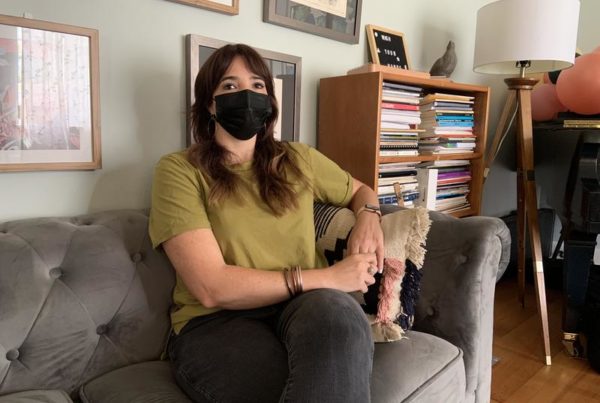In this installment of Ask a Doctor, UT Health San Antonio’s Dr. Fred Campbell answers more of Texas Standard’s listeners’ most pressing questions about the coronavirus.
Now that the Pfizer vaccine is fully approved by the Food and Drug Administration, what does that mean for the other vaccines?
Campbell says full FDA approval is expected soon for the Moderna and the Johnson&Johnson vaccines, and believes the full approval will boost people’s faith even more in the safety and efficacy of the vaccines.
“It gives, I think, the makers of the vaccine even more confidence that they can get patients to use their vaccines and to have the full confidence that they’re going to have a much lower risk of death and serious illness,” he said.
What are the latest recommendations in social settings for people who are vaccinated against COVID-19?
Campbell says those who are vaccinated but have other serious medical conditions, chronic health issues or are elderly are at higher risk for complications if they contract COVID-19. They should be vigilant about wearing masks and social distancing, especially in public places. The delta variant of the coronavirus is known to spread among vaccinated people, and can do so even if a person doesn’t have symptoms of the illness. For vaccinated people who aren’t high risk, Campbell says continuing to practice social distancing and wearing masks are the best ways to prevent asymptomatic spread of the virus. Vaccinated people can still get COVID-19, but they’re less likely to be hospitalized or experience severe illness.
Who will become eligible first for booster shots?
Campbell says booster shots of the Pfizer and Moderna vaccines have been approved by the FDA. Both have shown to be effective against the delta variant of the coronavirus, which spreads more easily that other variants. He expects high-risk people like nursing home residents and other elderly Texans, as well as people with chronic illness and health care workers, will become eligible for booster shots first.
Should home health care for COVID-19 be any different than before if I contracted it during the spread of the delta variant?
Campbell says treating COVID-19 at home now is no different than before. And just like before, if you have other serious or chronic health issues, he recommends contacting your doctor as soon as you notice symptoms to be monitored for any possible complications.
What comes after the delta variant? Should we expect new variants to keep emerging, and how can we protect ourselves?
The more the coronavirus is allowed to spread, the more likely it will mutate, which makes it harder to suppress. Campbell predicts that if its spread isn’t contained, annual vaccinations might become necessary, just like influenza.
“That may be the case with with COVID,” he said. “I’d love to see us get to the point where we’re at a herd immunity level, but that may take a while. And so it’s highly important, of course, that people be aware of the importance of vaccination and again, social distancing.”


